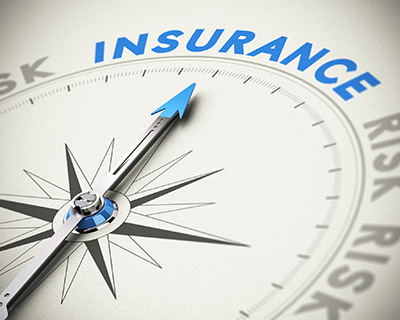Your home loan is usually the cheapest form of debt and, financially, it could make sense for you to use this relatively inexpensive credit line to pay off other debts, such as car finance or even short-term debt like a credit card – but is this a good idea?
Official statistics have confirmed what many South African households already know: our economy is in deep trouble and household cash flow is under increasing strain. Any saving on interest paid for debt would bring welcome relief, but is it worthwhile to use your mortgage to consolidate your debt?
How long will it take to pay off the debt?
The first mistake people make is that rather than saving on interest, they end up paying even more. This is because instead of paying off the debt over a few years, they effectively extend the debt repayment over 20 years.
For example, if you bought a car for R200 000 and your car finance was at 15% per annum, you would pay around R4 760 per month for the next five years, which means the car cost you R285 600, with interest.
If you decided to finance the car using your mortgage at 10,5% interest, your monthly repayment would fall to R4 300 per month. Over the five-year period you would pay R258 000, a saving in interest of R27 600.
However, this would require you to increase your monthly mortgage payment by R4 300 to ensure that you were still paying off your car over five years. Many people continue to only pay the minimum monthly requirement on their home loan, effectively extending the car payment to over 20 years.
In this example, the R200 000 drawn down from your mortgage would increase your mortgage repayment to R2 000 per month, but over twenty years that R200 000 would cost a massive R480 000.
The same applies to any short-term debt, such as credit cards or personal loans. Using your mortgage to settle these debts could be the most expensive decision you ever make.
Will your mortgage be paid by the time you retire?
Another concern, particularly if you are close to retirement, is that if you continuously use your mortgage as an ATM machine, by the time you retire you may still owe money on your home. Considering the fact that most people will experience a drop in income of anywhere between 25% and 75%, you may struggle to continue meeting those mortgage payments and could lose your home in retirement.
Your mortgage may look like an attractive way to consolidate your debt, but this is only the case if you use it responsibly.
Share this article:
Linked In | Facebook | Twitter | Email
|












